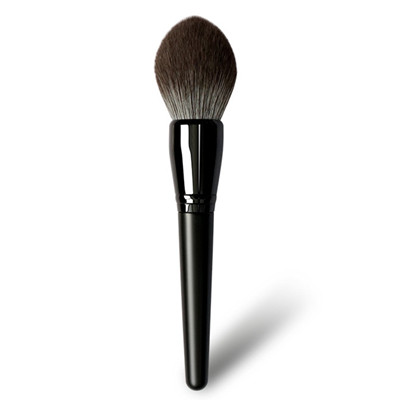The global market for natural and organic personal care products is recovering from the pandemic, with sales reaching USD 12.5 billion last year. However, slower growth is projected in 2022 because of geopolitical conflict causing a rise in raw material prices, inflation and economic uncertainty, according to Ecovia Intelligence.
Global sales of natural and organic personal care products have reached USD 12.5 billion last year, according to a new research by Ecovia Intelligence. The global market revenues increased by 5.4 percent in 2021. However, the market research firm expects slower growth in 2022 as rising raw material prices, inflation and economic uncertainty are having a negative impact on sales.
Increased investments
Most natural and organic personal care product sales are from North America and Europe, but Asia is the market showing the highest growth, with revenues increasing exponentially over the last decade. “High investment is coming into the Asian natural and organic products market, with large cosmetic firms launching their own lines whilst the financial community is investing in established brands”, said Ecovia Intelligence.
Furthermore, new players continue to enter the natural and organic personal care products market. L’Oréal and Unilever are the leading multinationals acquiring natural and organic brands. Another strategy consists in launching natural or organic versions of best-selling products. Colgate-Palmolive, for instance, launched their first COSMOS certified natural toothpaste in mainstream retailers in Europe.
Product innovations are also stimulating market growth; Carrefour, one of Europe’s largest retailers, launched the Soft Green brand last year. The Carrefour Soft Green range has certified organic soaps and solid shampoos in plastic-free packaging. O’Right and Upcircle Beauty are two brands using upcycled ingredients in their natural personal care ranges.
Natural products enter new retail channels
Widening distribution is another major driver of market growth. Natural food shops and organic food shops are the traditional sales channels; they still comprise most sales in Europe and North America. Distribution of natural and organic personal care products is increasing in department stores, beauty retailers, pharmacies and drugstores. Online retailing and digital marketing have become more important since the pandemic.
Eventually, Ecovia Intelligence finds the number of natural & organic standards is growing. There are now over 30 standards worldwide; COSMOS and NATRUE are the frontrunners. Initially adopted in Europe, both standards now have an international following. Almost 40,000 personal care products are now certified according to these standards.







